The Adventurer’s Guide to Surviving Breast Cancer
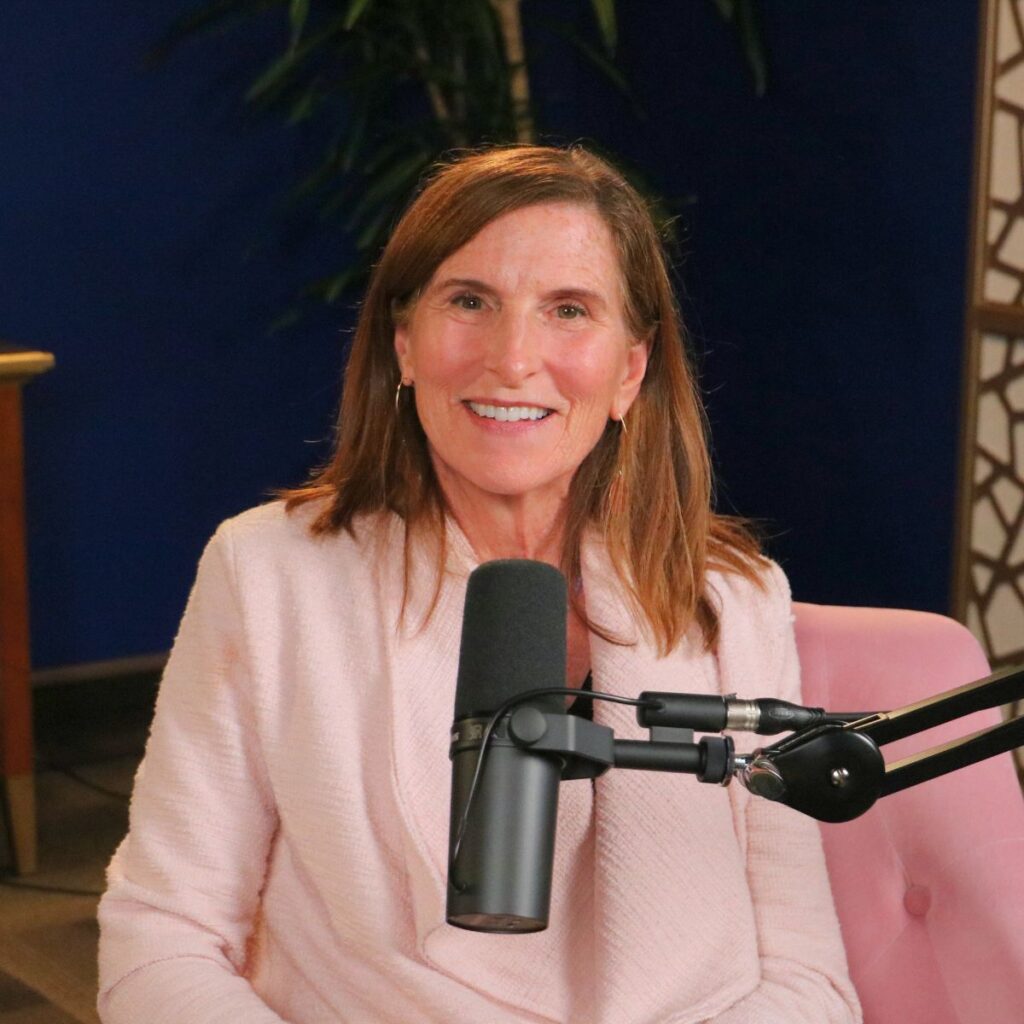
Trusting your instincts can change everything. Dorothy Gibbons and Jenny Fitzpatrick talk about early breast cancer diagnosis, persistent self-advocacy, and navigating treatment as a young mother. Jenny Fitzpatrick describes celebrating survivorship, building community, and creating new traditions. Stories connect lives. Experiences shape what comes next.
Friendship in the Face of Breast Cancer
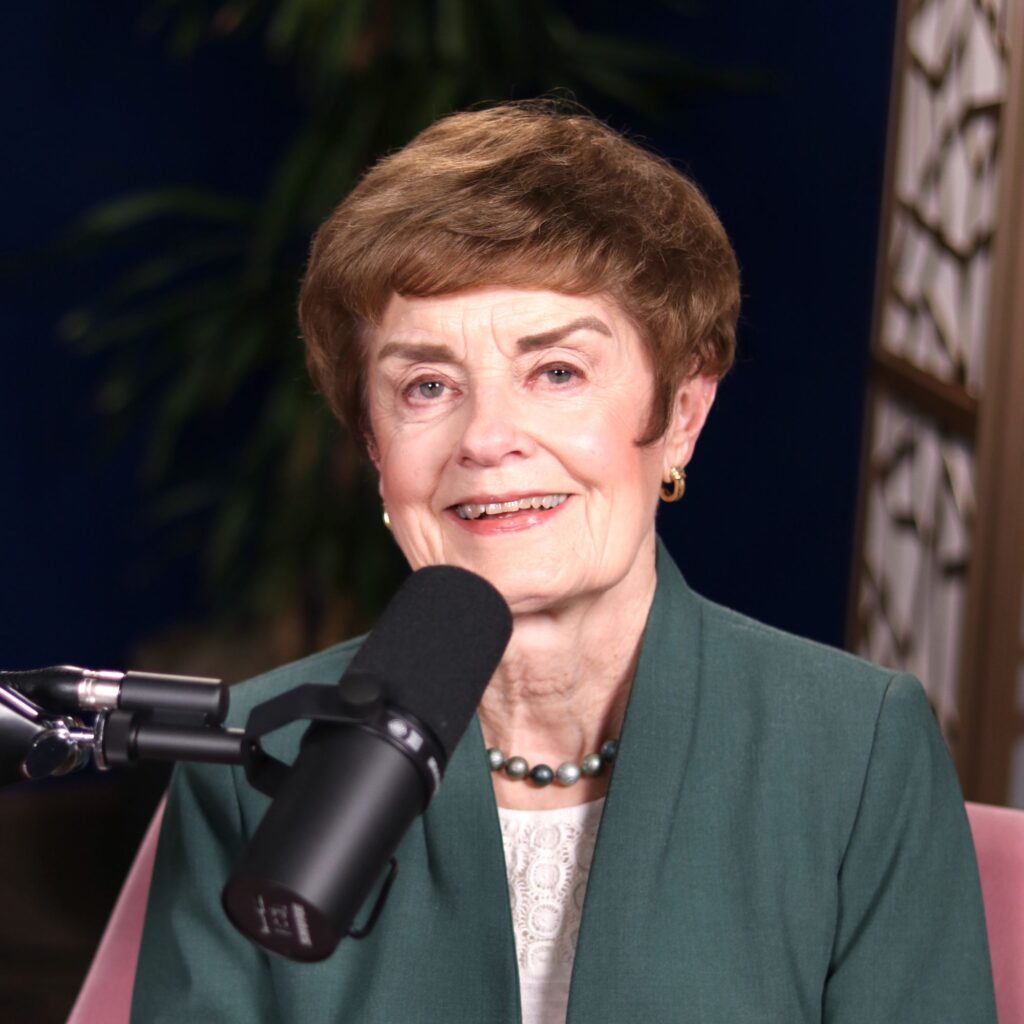
Today, Dorothy is joined by Ronnie Hagerty, a board member who shares her experience in the nonprofit sector. Ronnie emphasizes the need for nonprofits to operate using best business practices and highlights the misconception that nonprofits don’t need money.
The Studio That Heals: Ballet, Children, and the Heart of Survival
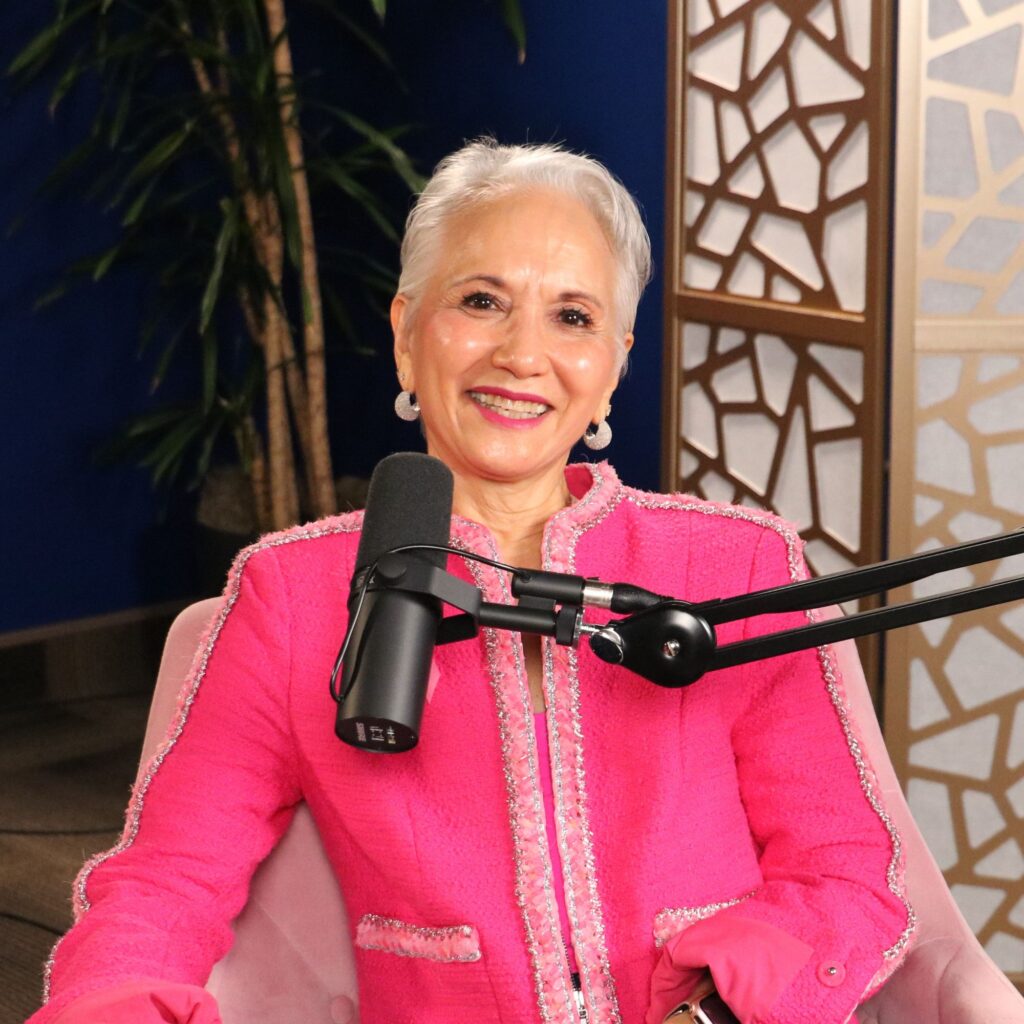
Cookie Joe has spent her life teaching dance, shaping not just technique but character, faith, and compassion in her students. When cancer struck, she embraced it as a purposeful challenge, inspiring her community through fundraisers, open conversations, and shared strength. Her story is a celebration of resilience, community, and faith over fear.
The Power of Gratitude: A Woman’s Positive Attitude Throughout Her Cancer Battle
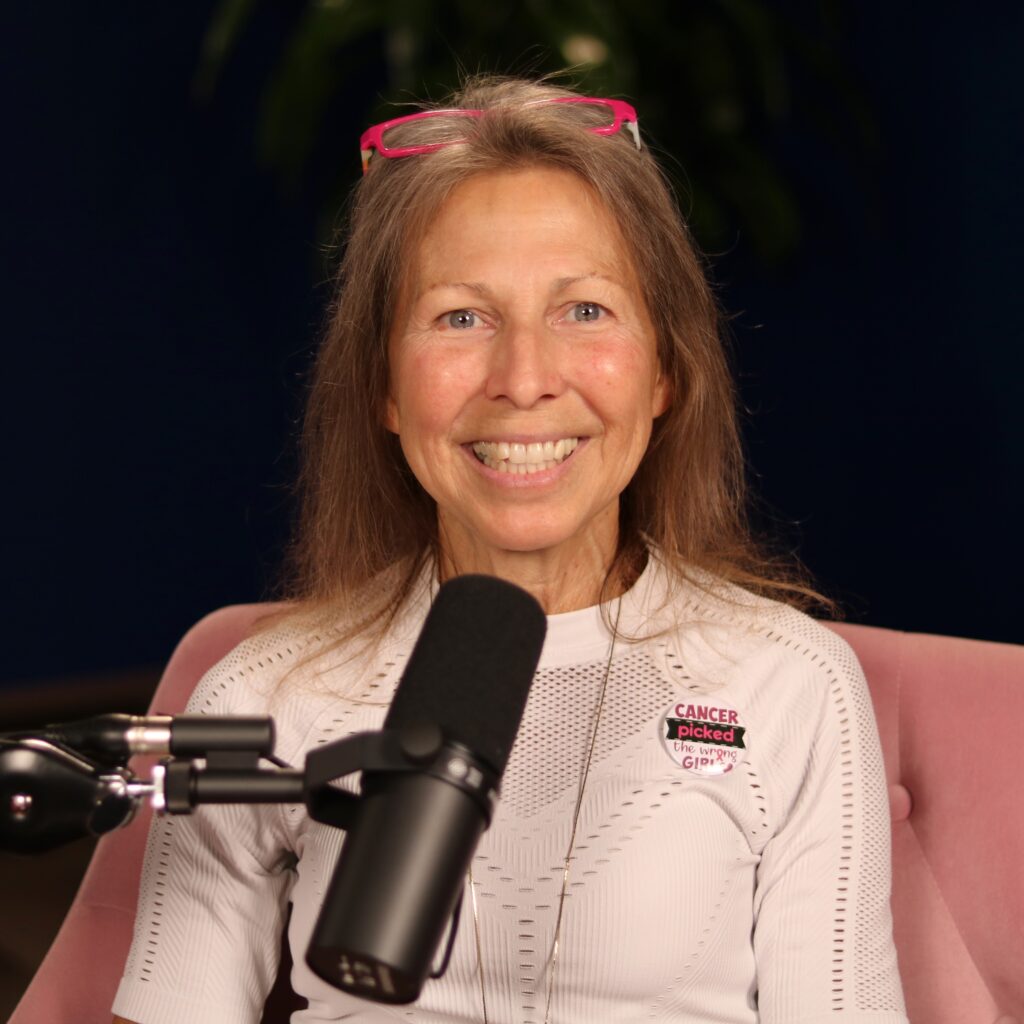
Joanne shares her deeply personal journey of being diagnosed with stage four breast cancer.
Despite the gravity of her diagnosis, Joanne stayed positive. In her darkest moments, Joanne found solace and support from The Rose, which had a profound impact not only on Joanne but also on her daughter, providing them with the strength to navigate this difficult path together.
Sharpie Marks and Spring Breaks: Surviving Cancer with Courage and Humor
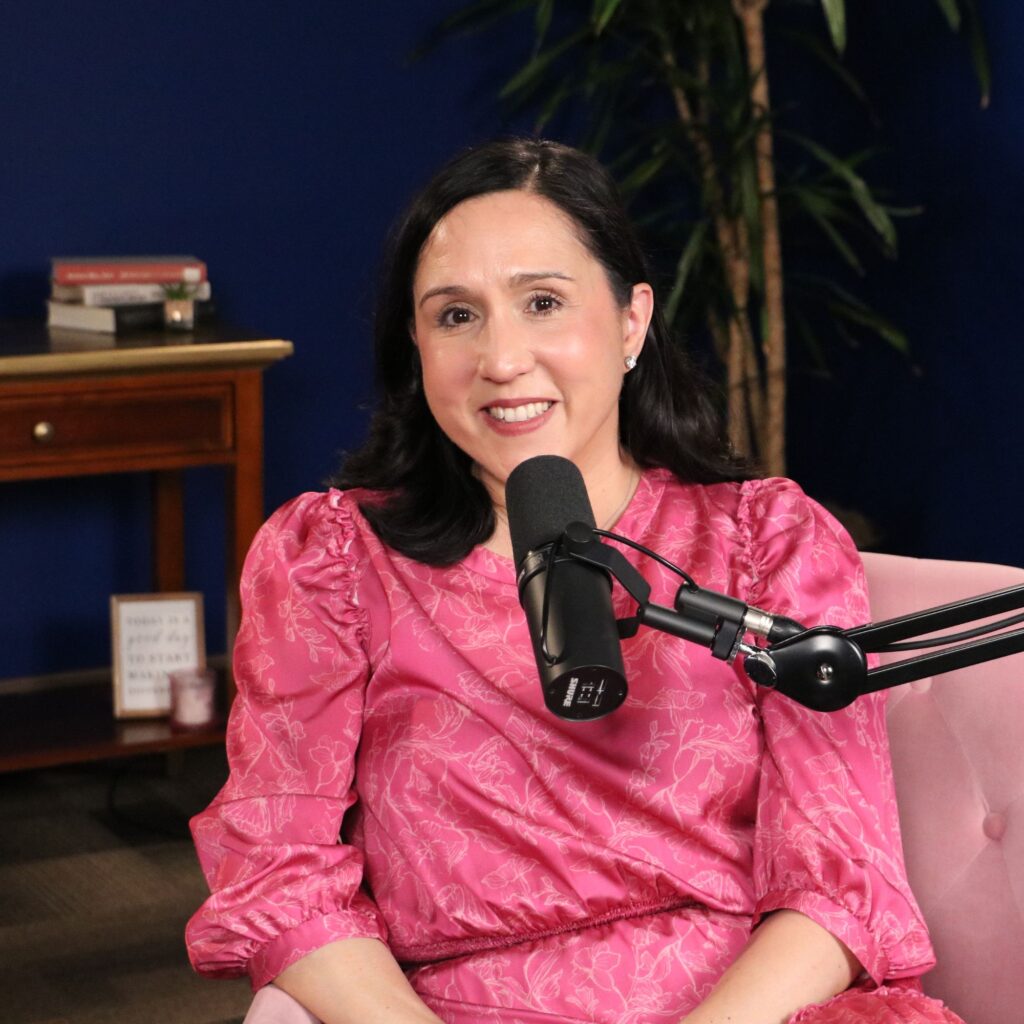
Cristina Rodriguez, a Harvard-educated attorney and proud immigrant daughter, faced her diagnosis at 45 with honesty and vulnerability. Communication became her lifeline at home, especially with her young daughters. Now seven years out, she supports others through similar journeys and champions the life-saving power of routine screening.
Stobbe Strong: Lessons in Courage, Compassion, and Kicking Cancer to the Curb
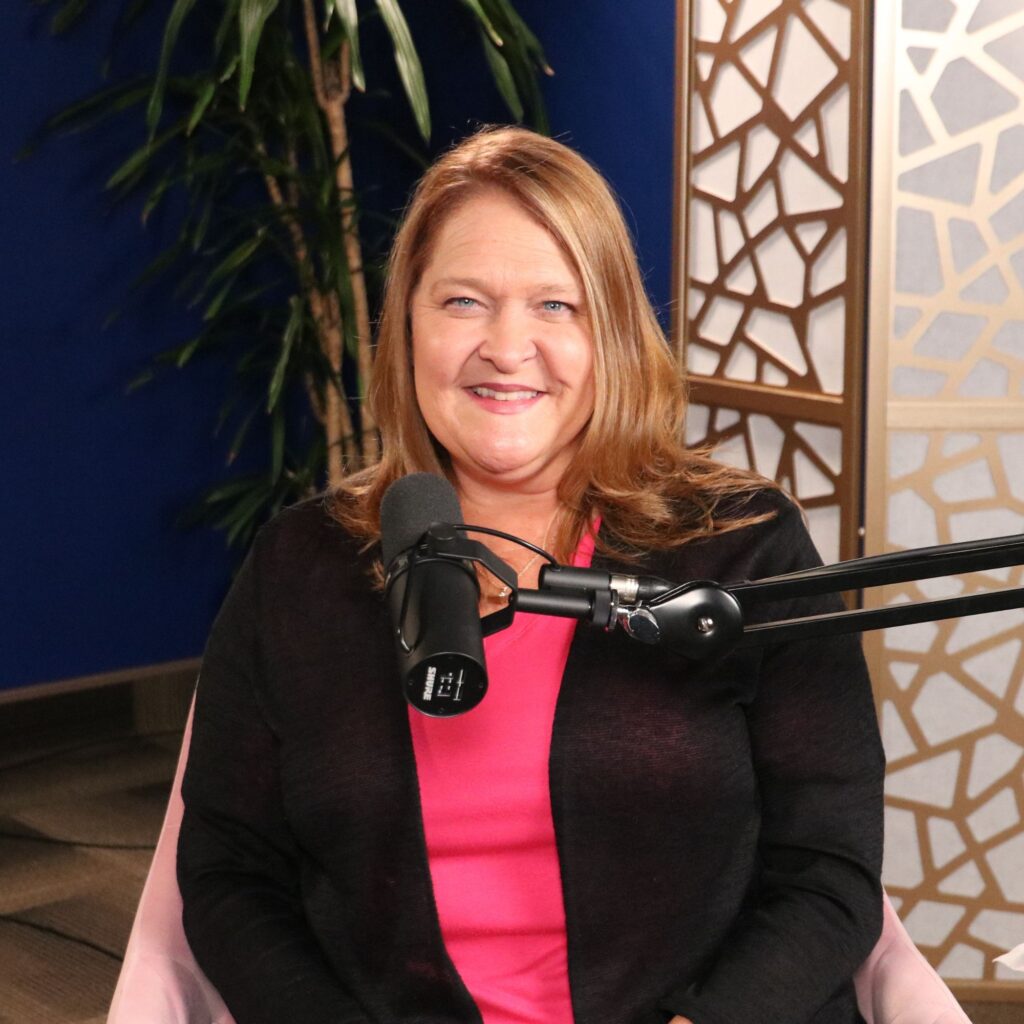
Julie Stobbe’s life took a dramatic turn from Broadway stages to confronting a breast cancer diagnosis, but she transformed adversity into action. Supported by her family, students, and community, she became a beacon of hope and openness. Her leadership in events like Paint the Path Pink now brings strength and awareness to countless others.
How One Woman Danced through Her Breast Cancer Diagnosis
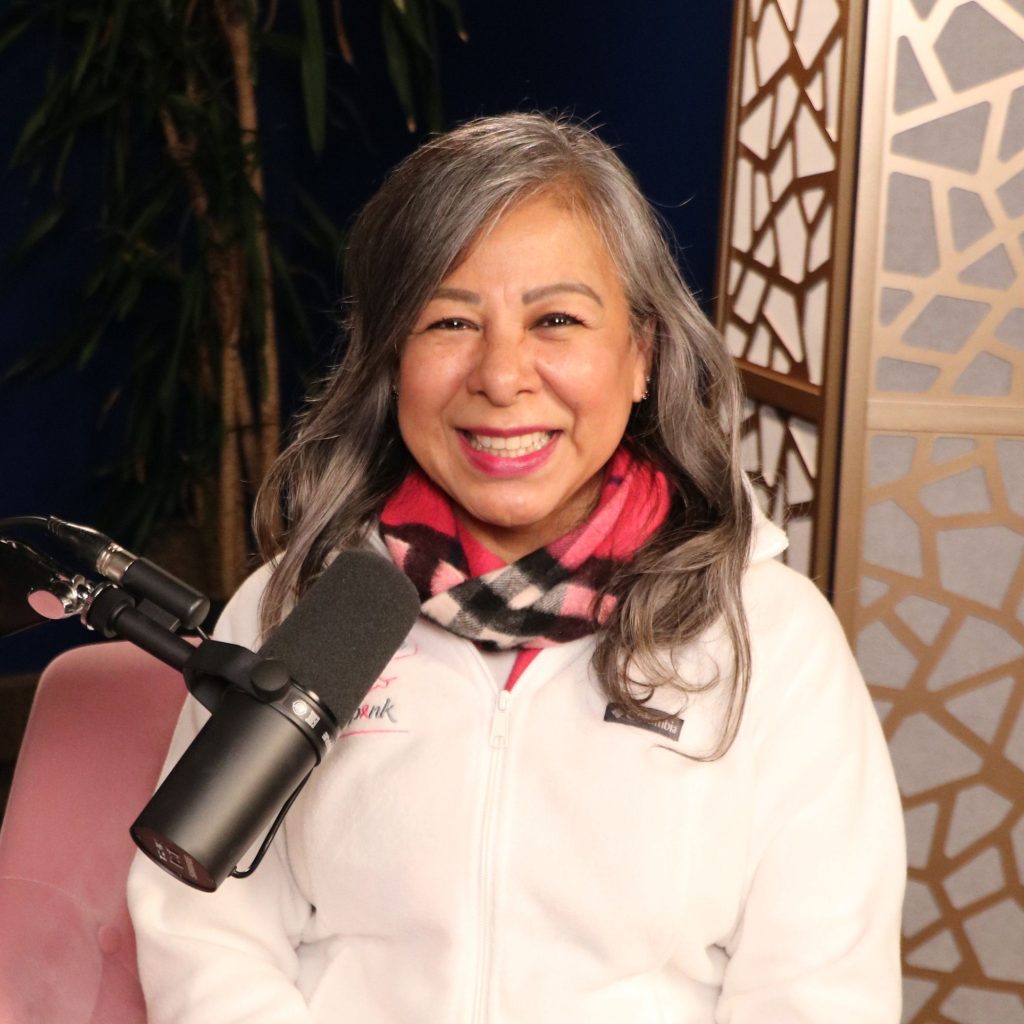
What does it take to turn a breast cancer diagnosis into a mission to help others? Carol Grimaldi is the co-founder of Together in Pink, an organization born from her own breast cancer experience.
From Survivor to Advocate: Ann Meyn’s Lessons for the Next Generation
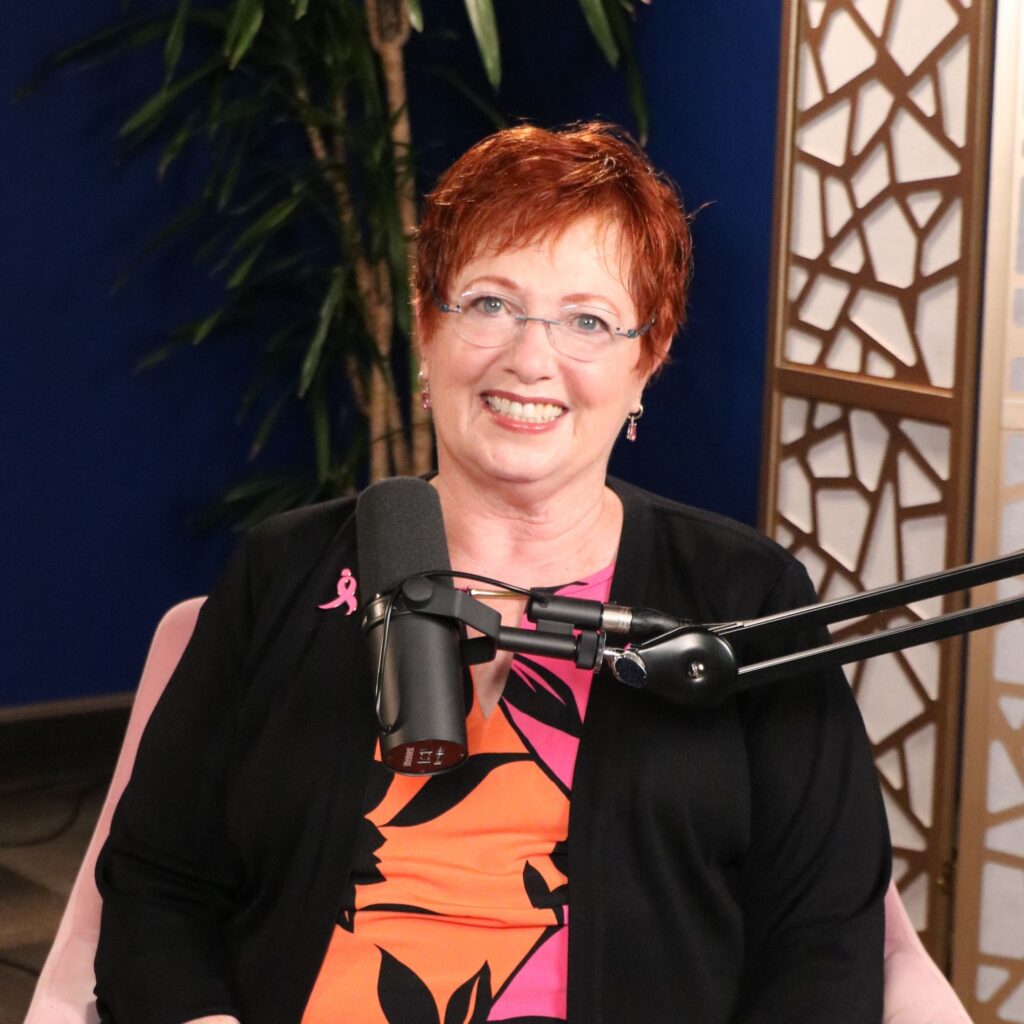
Ann Meyn started her advocacy in the 1990s, launching support groups and sharing the message of early detection. Even while facing aggressive treatments, she continued teaching, volunteering, and helping others understand cancer. With a scientific mindset, she shaped patient support and influenced research, guiding the next generation of advocates. Today, she joins Dorothy to reflect on their friendship and impact on The Rose’s community.
Blessings in the Battle: Discovering Grace Through Breast Cancer’s Trials
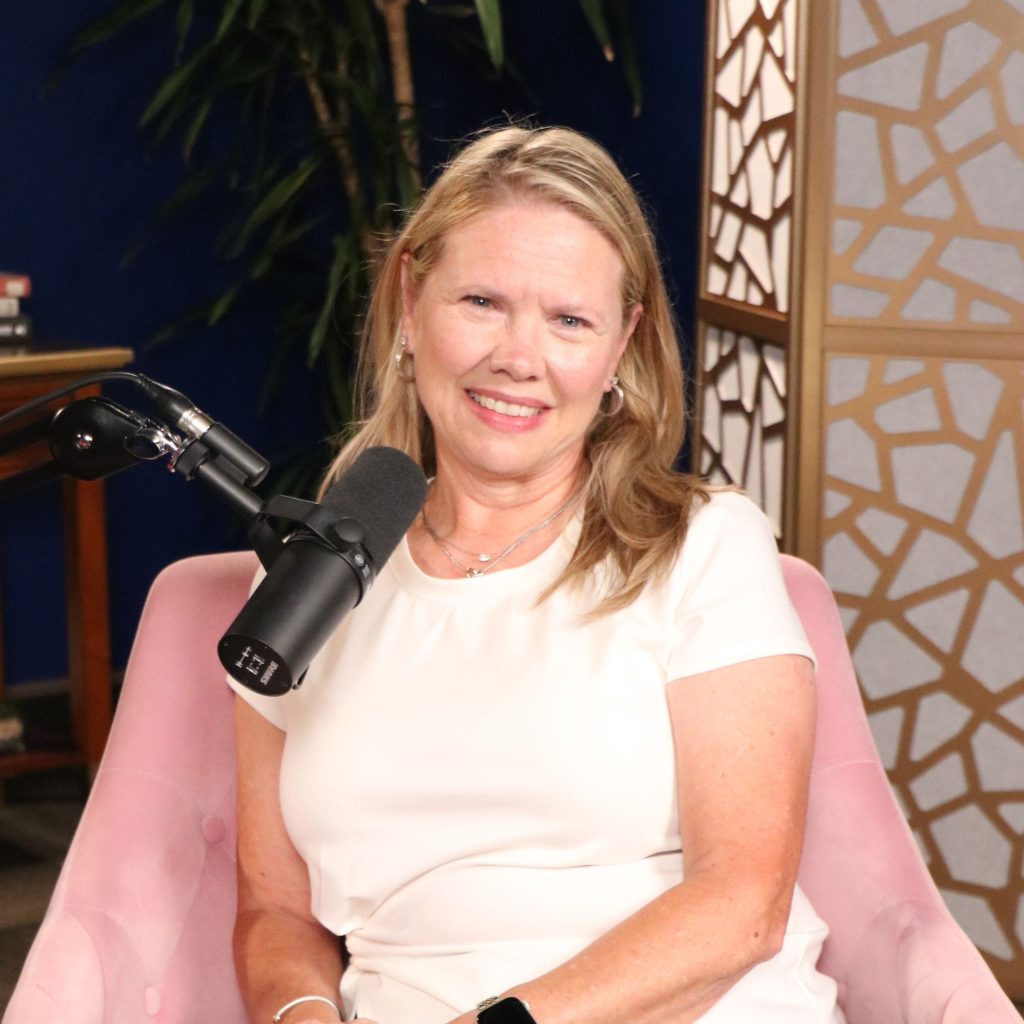
What happens when you’re diagnosed with breast cancer at 42, while running a business, raising a family, and just married? Today, Dorothy talks with Gaylyn, a longtime Rose patient and community volunteer, who found a lump in her breast, advocated for herself, and learned what it means to lean on others.
Tumor Boards and Motherhood: Dr. Angela Coscio is Balancing Life as a Breast Cancer Specialist
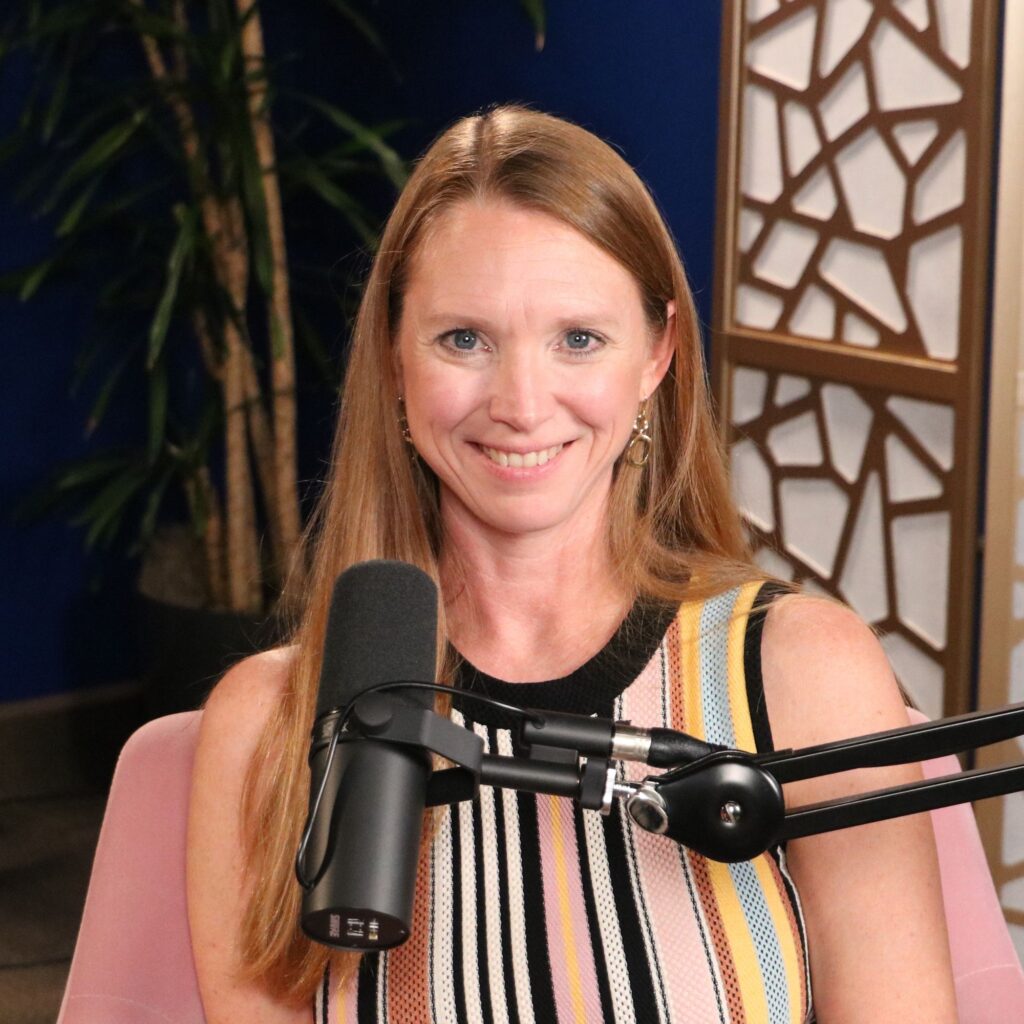
A doctor’s choice to walk beside patients through their hardest moments comes from a calling to serve with both skill and heart. Dr. Angela Coscio’s love for people led her from lab research to breast cancer specialization, where she witnesses courage every day. At St. Luke’s, she finds purpose in connecting deeply with patients, guiding them through treatment with compassion and individualized care. Her story reflects teamwork, devotion, and the belief that every medical decision should be a true partnership.
